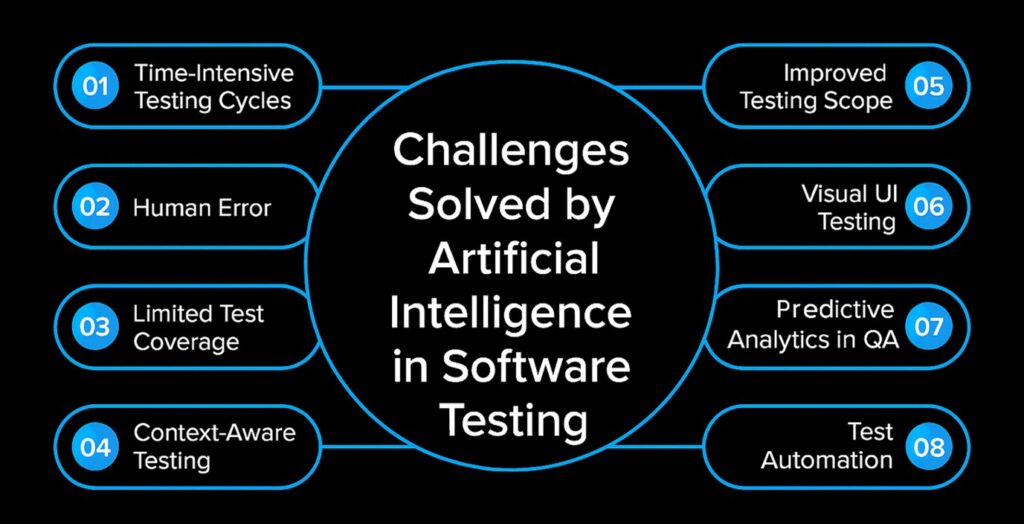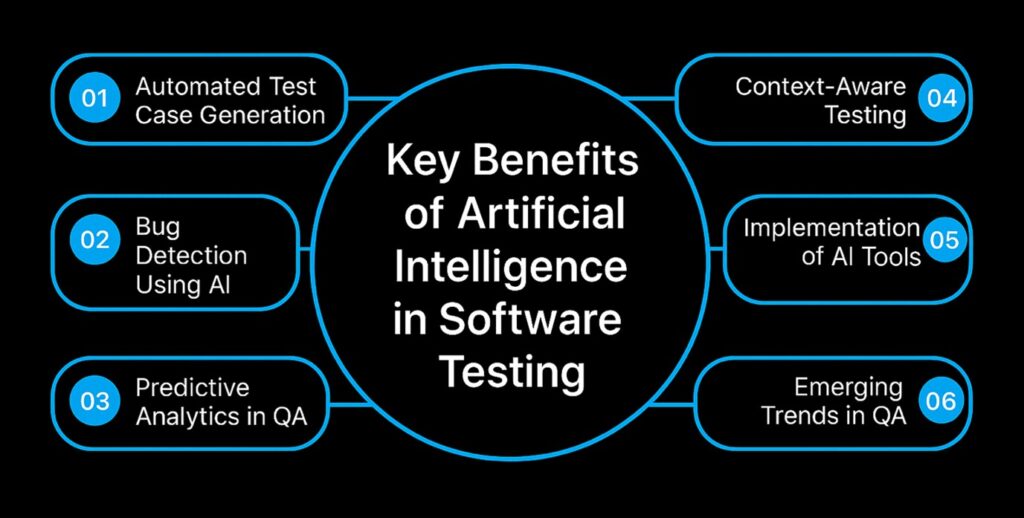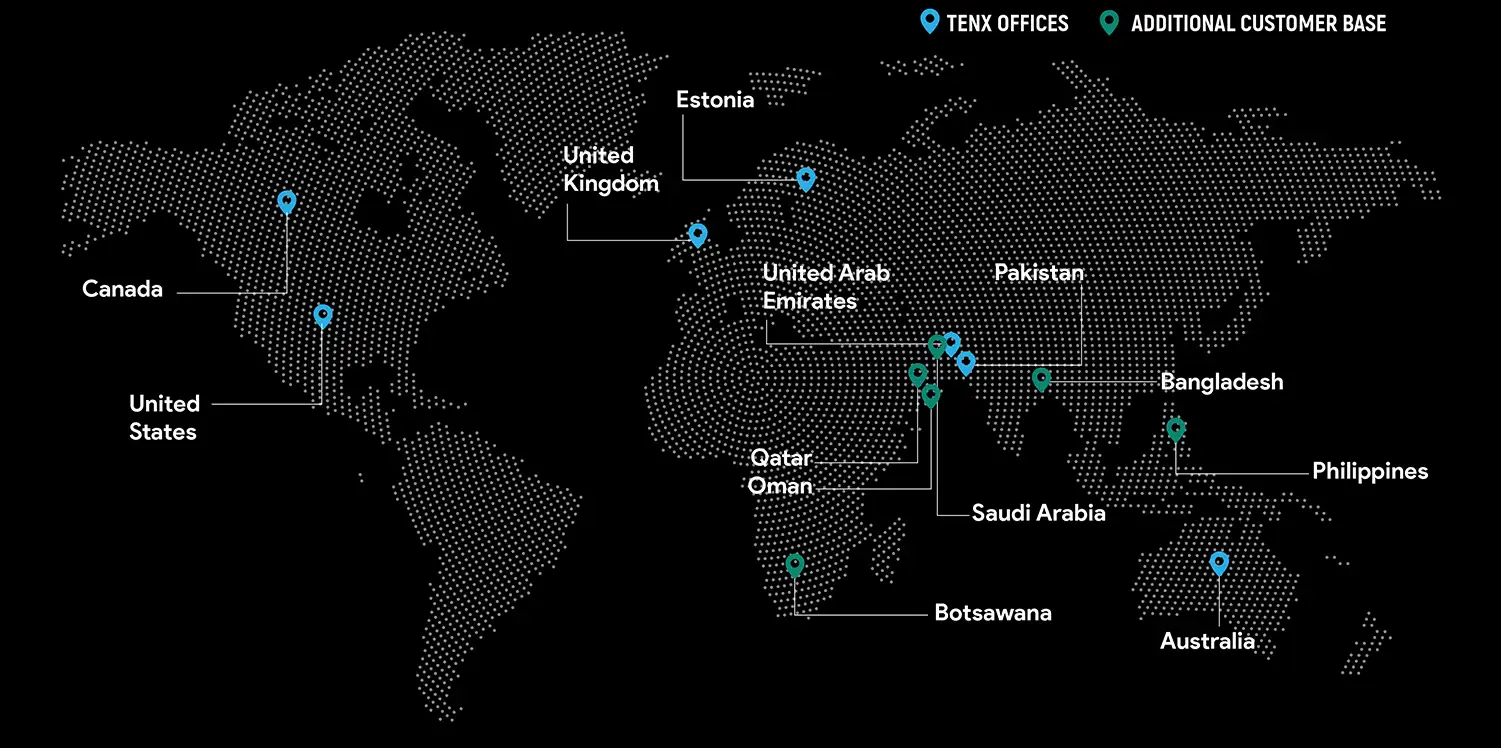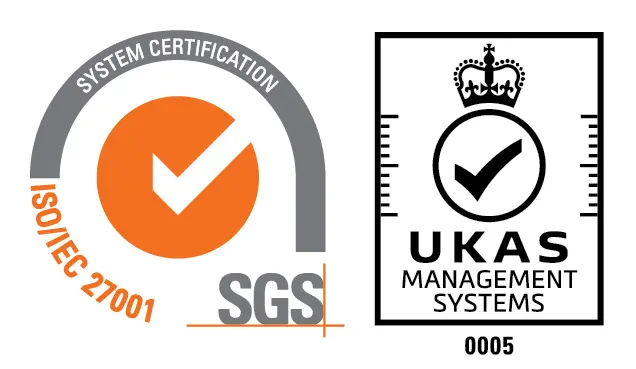May, 2025

- Muhammad Musa Khan
Introduction
Software testing is an inevitable part of software development, and the era of Artificial Intelligence in Software Testing is dramatically changing the way quality assurance (QA) teams conduct testing. Today, AI plays a role in automating boring and time-consuming tasks to improve test coverage. The following is a case study on how advanced AI is improving Software Testing through efficiency and effectiveness, utilizing a new survey: Enhancing Software Development Practices with AI Insights in High-Tech Companies.
What is Artificial Intelligence in Software Testing?
“Artificial Intelligence in Software Testing refers to the use of AI techniques like machine learning and NLP to automate, optimize, and enhance QA processes.”
The Meaning of Artificial Intelligence in Software Testing – AI in Software Testing explores the application of technology in quality assurance. Some of these tools are based on machine learning (ML), natural language processing (NLP), and predictive analytics to analyze and debug code, generate tests, and consume data. Similar trends are visible in other fields, including cybersecurity, as explained in the article on AI and ML in cybersecurity by Tenx.
Challenges Solved by Artificial Intelligence in Software Testing
There are four major components of Selenium, each with a different purpose.
Before diving into AI’s capabilities, let’s address the limitations of traditional QA:
- Time-Intensive Testing Cycles: This becomes more evident when the manual testing process extends the delivery time that the developers initially planned for the project.
- Human Error: Repetitive tasks tend to be monotonous, which increases the likelihood of oversight.
- Limited Test Coverage: It is even challenging to test all possible scenarios manually.
AI manages to respond to these challenges by radically transforming the entire QA picture. Thanks to broad autopilot, predictiveness, and versatility of tests, AI can deliver quicker, more effective, and efficient QA. Research also highlights the role of AI in enhancing test coverage and predictive analysis, which significantly improves software quality (Integrating AI in Testing Automation: Enhancing Test Coverage).
AI optimizes and scales the QA process, thereby contributing to the overall increase in quality that meets the requirements of contemporary software development.
Comparative Analysis of Top AI-Powered Testing Tools in 2025
To help QA professionals select the right tool, here’s a comparison of the leading AI-driven testing tools:
Tool | Key Features | Best For |
Applitools | Visual AI testing, UI regression analysis | UI testing, cross-browser testing |
Testim | AI test automation, self-healing tests | Agile teams, fast test creation |
Mabl | ML-based automated testing, auto-healing scripts | Web and API testing |
Functionize | Smart AI test automation, NLP-powered scripting | Scalable test execution |
Testsigma | Cloud-based, AI-powered automation | Continuous testing in DevOps |
By leveraging these tools, QA teams can streamline AI-powered software testing, reduce maintenance efforts, and improve software quality.
Real-World Examples of AI in Software Testing
- Netflix: The AI-powered software testing capability of Netflix studies how users behave to improve streaming performance through early failure prediction.
- Google: Google implements AI into its testing framework, which automatically generates AI test automation cases and enhances mobile application performance.
- Facebook: The user interface testing of Facebook runs through AI-powered automation, which guarantees a consistent streaming experience across multiple devices.
Key Benefits of Artificial Intelligence in Software Testing
Since we have now understood what selenium is. Let’s go over some benefits of the Selenium WebDriver.
- Automated Test Case Generation: Machine learning algorithms recognize patterns and develop comprehensive and precise test cases. The Future of Software Testing: AI-Powered Test Case Generation and Validation reveals how this eliminates the burden on the tester.
- Bug Detection Using AI: Machine learning models, for instance, which are AI applications, help identify minor bugs that traditional approaches may not easily detect.
- Predictive Analytics in QA: Due to its ability to identify patterns in historical data, AI can forecast potential problems before they occur, enabling their resolution.
- Context-Aware Testing: AI can also use models to approximate real conditions, which improves reliability in ways such as those identified in Artificial Intelligence for Context-Aware Visual Change Detection in Software Test Automation.
Emerging Trends in AI-Driven QA
Large language models and generative AI applications have revolutionized the processes of test case development, as well as maintenance tasks. Manual testing coexists with automation, according to Gartner’s Software Engineering Practice Survey, which suggests that effective organizations no longer replace their human testers but instead integrate their capabilities with AI functions.
How The Future of Artificial Intelligence in Software Testing
AI has become essential for advancing software testing practices, alongside multiple significant market changes.
- Predictive Analytics: Predictive Analytics allows Artificial Intelligence to identify system weaknesses before they impact users.
- Self-Healing Test Scripts: Test scripts use self-healing functionality to modify their operation without human involvement when user interfaces undergo modifications.
- AI-Powered Code Reviews: Detecting code vulnerabilities becomes possible through automated AI-powered code systems.
Testing terrain continues to evolve due to the implementation of artificial intelligence. The Predictions 2024 by Forrester demonstrates that organizations plan to expand their use of AI for both testing automation and quality engineering through predictive analytics for advanced test automation. QA professionals face the need to build new capabilities that will enable them to use AI-based testing frameworks.
Best Practices for Integration
- Define Clear Objectives – Establish specific goals to identify which parts of QA processes should use AI as the main approach.
- Choose the Right AI Testing Tool – Selecting the appropriate AI testing tool requires evaluating scalability, integration simplicity, and specific features.
- Enhance Data Quality – AI algorithms perform at their peak when working with data assets that have proper structures.
- Combine AI with Human Expertise – The utilization of AI systems enables teams to strengthen their judgment, rather than substituting human expertise in testing operations.
- Monitor AI Performance – Test results obtained through AI systems need continuous monitoring to verify both accuracy and efficiency.
Conclusion
Software testing applications with AI integration generate measurable evidence of enhanced efficiency, together with improved accuracy. AI testing success requires a perfect combination of artificial intelligence capabilities with human expertise, instead of the total replacement of human testing activities. Organizations that achieve a balance between human expertise and technology usage, while maintaining strategic data quality methods, will produce best-in-class software in the advanced development environment.

Muhammad Musa Khan
Muhammad Musa Khan works as a SQA Analyst at TenX
Global Presence
TenX drives innovation with AI consulting, blending data analytics, software engineering, and cloud services.
Ready to discuss your project?





